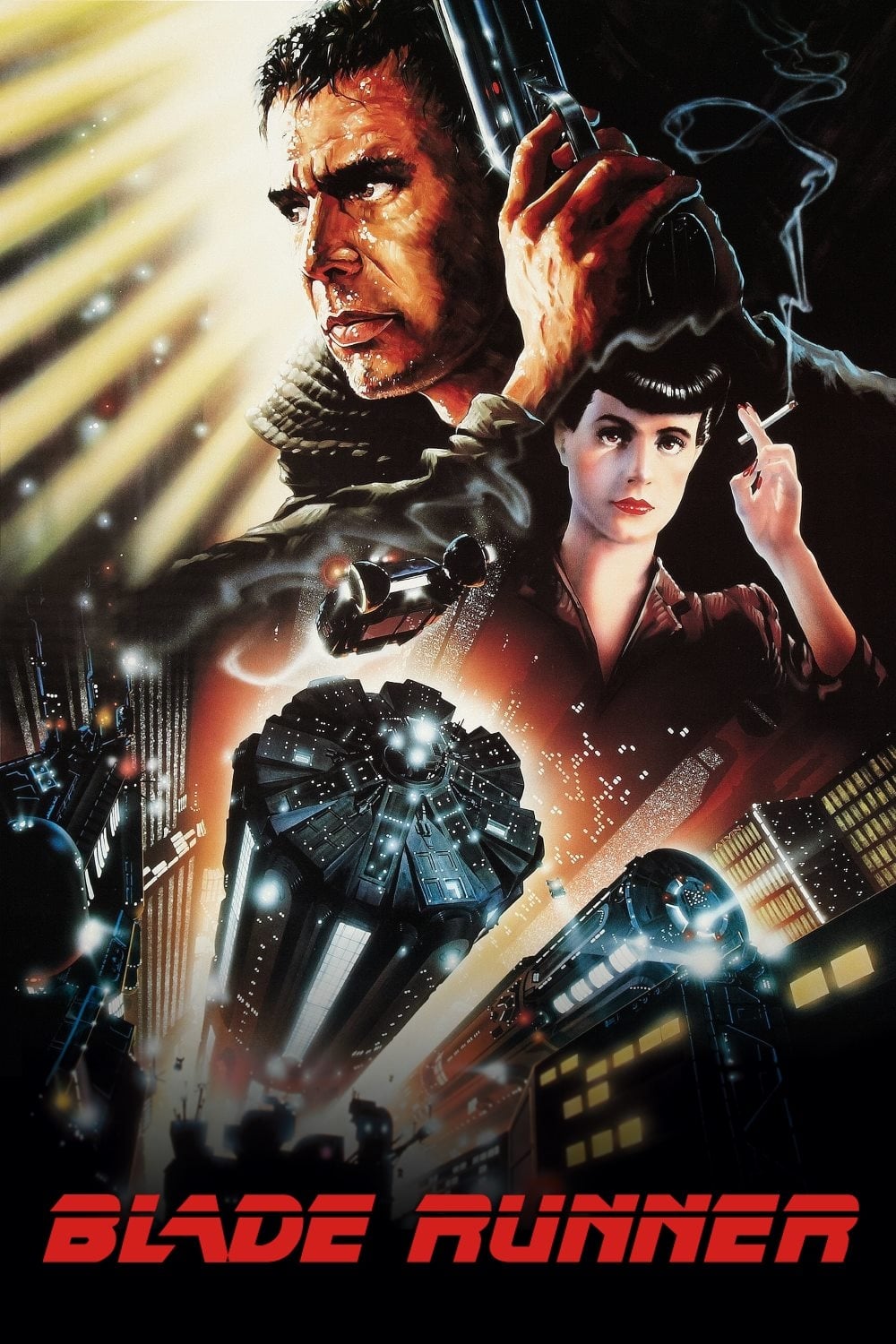
In the smog-choked dystopian Los Angeles of 2019, blade runner Rick Deckard is called out of retirement to terminate a quartet of replicants who have escaped to Earth seeking their creator for a way to extend their short life spans.

Thirty years after the events of the first film, a new blade runner, LAPD Officer K, unearths a long-buried secret that has the potential to plunge what's left of society into chaos. K's discovery leads him on a quest to find Rick Deckard, a former LAPD blade runner who has been missing for 30 years.
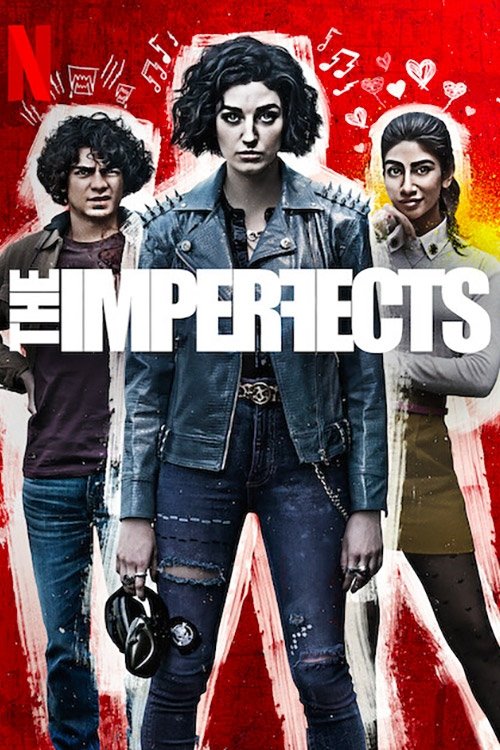
After an experimental gene therapy turns them into monsters, three twenty-somethings band together to hunt down the scientist responsible and force him to make them human again.
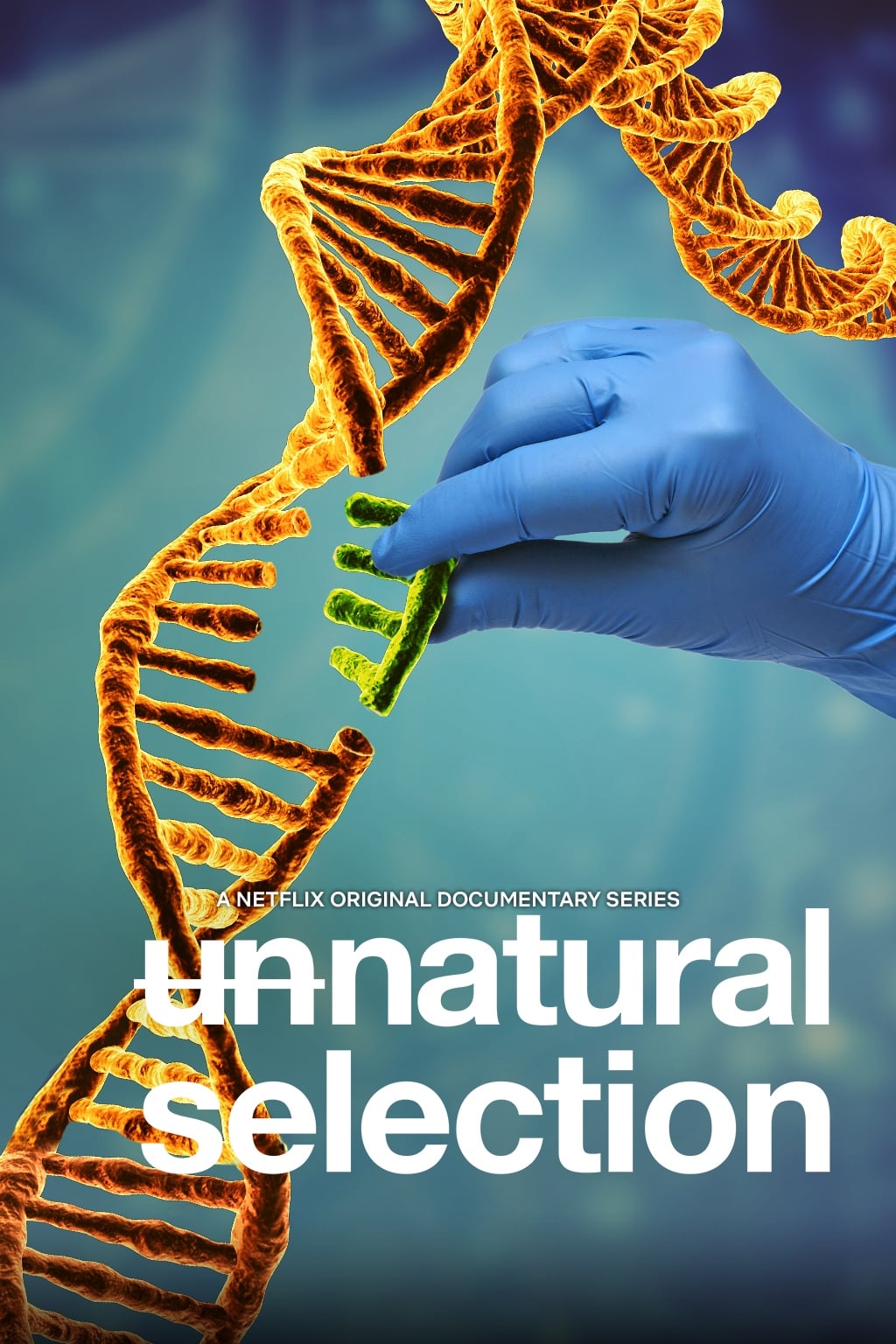
From eradicating disease to selecting a child's traits, gene editing gives humans the chance to hack biology. Meet the real people behind the science.

An account of the Galvin family of Colorado Springs, CO, and how schizophrenia ripped through their family, affecting six of 12 siblings.
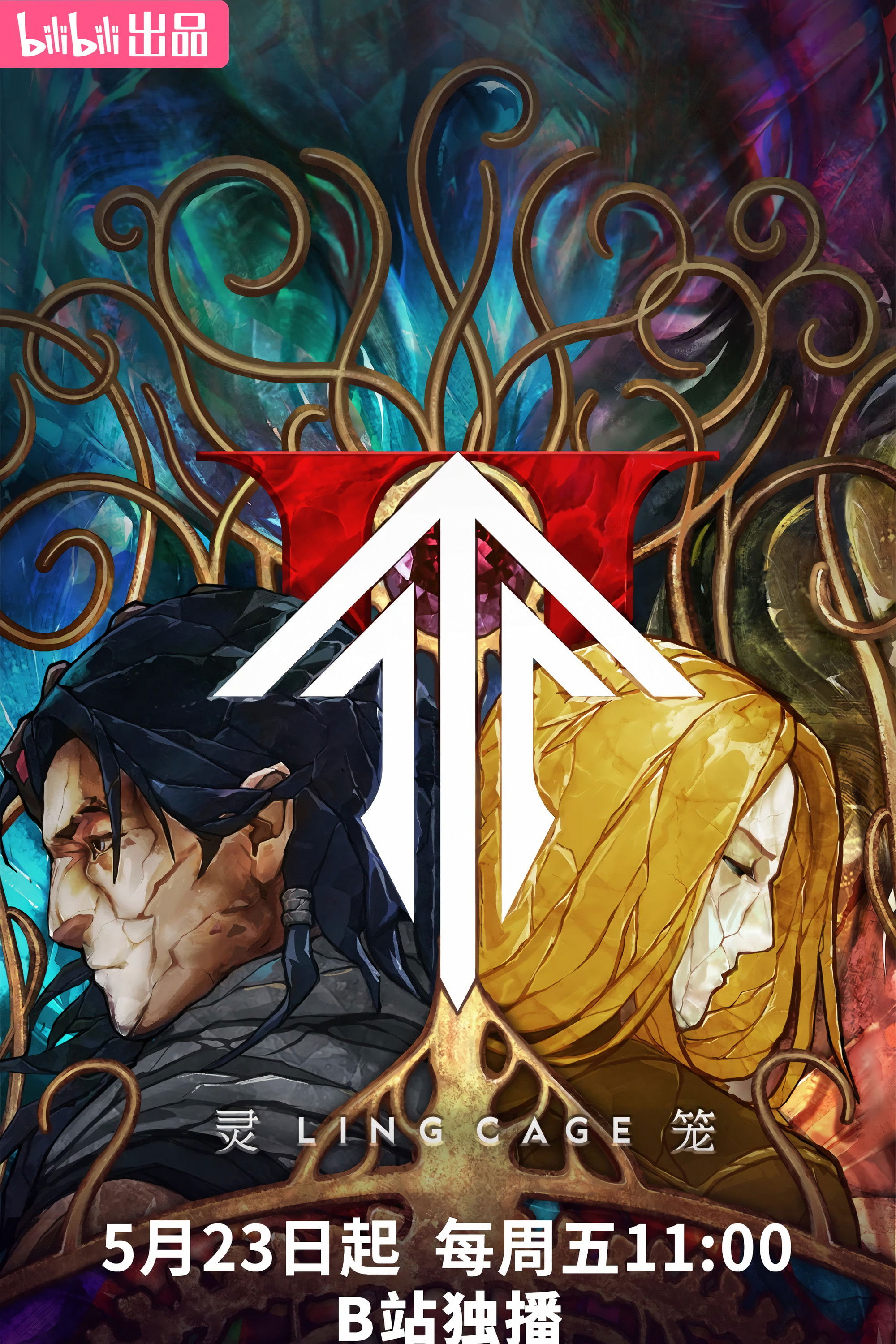
In the near future, human inhabitants would have been crowded and congested. It was an urgency to stride out to the universe and find a new home. When everything was under progress in an orderly way, dramatic geological transformations erupted over the courses of decades. Human beings were raped by this disaster and hardly left anything. Until the nature gradually restored calm, people struggled to their feet from ruins and abysses, stepping again onto this familiar but strange earth. But for us people, dominating everything has been rooted into our blood. Are we still masters of this new world?

Ji-O has a special power and a secret, but he doesn't know who he really is. He is chased by mysterious figures, while he tries to find answers to numerous questions that surround him. Goo-Reum is a detective. When she decides on a course of action, she won't change no matter what. Her parents disappeared when she was only a young child. Goo-Reum chases after the truth behind her parents' disappearance. She meets Ji-O and her life changes.

Mia goes to medical school to get close to a professor she suspects had a hand in her past family tragedy and gets tangled in the world of biohacking.

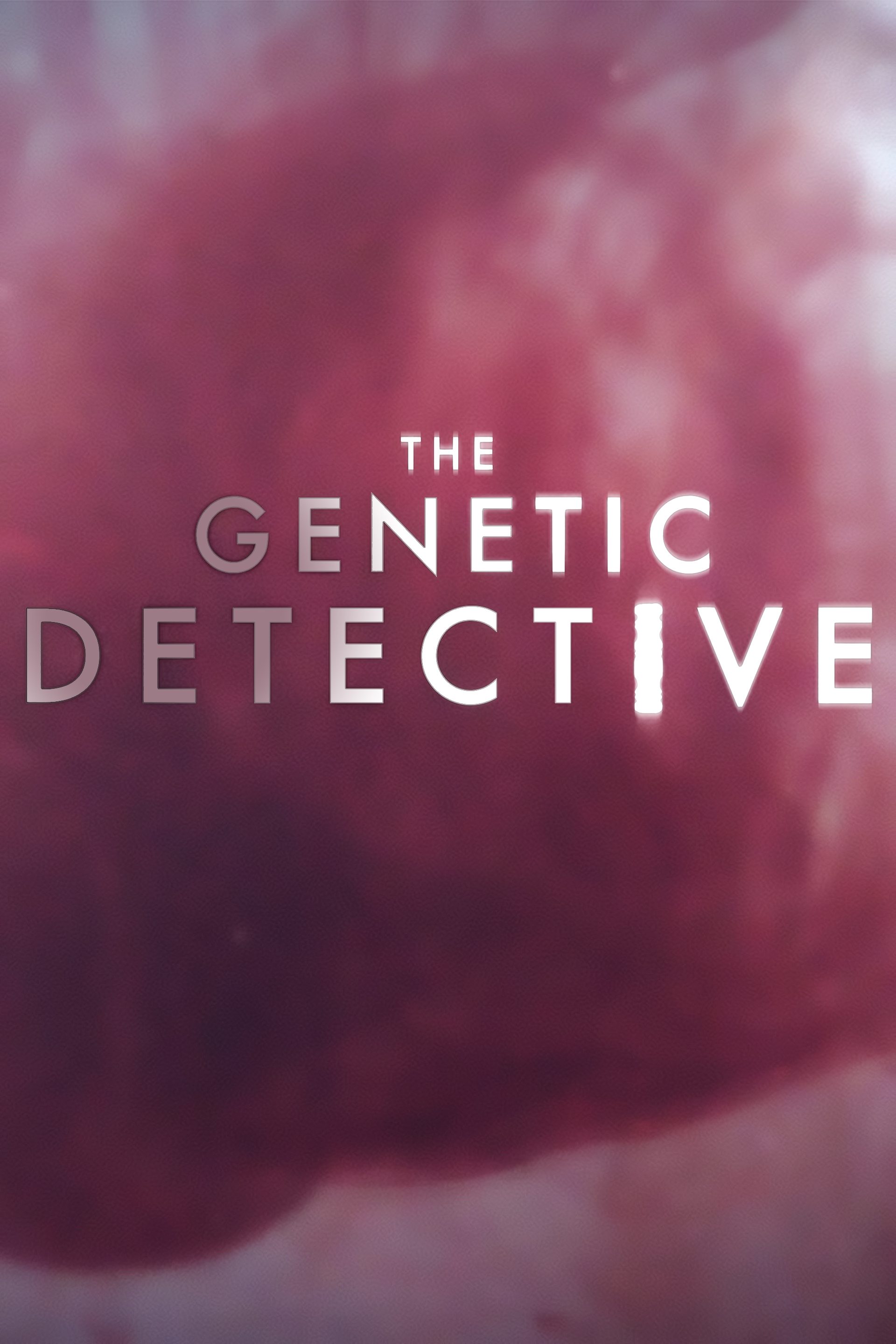
Investigative genetic genealogist CeCe Moore uses her unique research skills to transform the face of crime solving. By working with police departments and crime scene DNA, Moore is able to trace the path of a violent criminal's family tree to reveal their identity and help bring them to justice.
Documentary about living with an addict and grappling with the genetic propensity of becoming one.
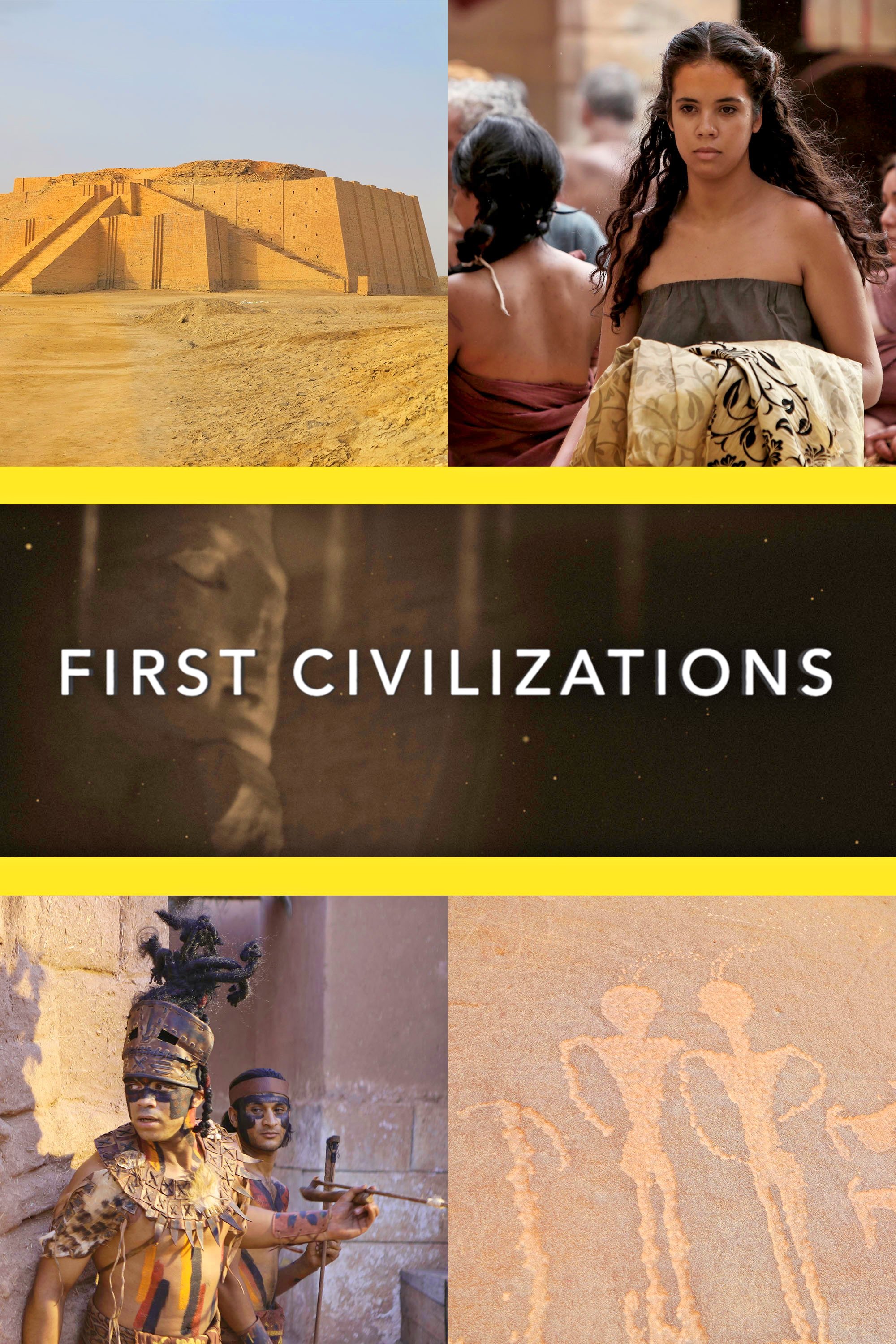
Using the latest in archaeology, anthropology and genetics, this series tells the story of where the modern world began. Incorporating studies of artifacts, renowned sites of archaeological interest and interviews with leading experts, it moves around the geographic zones of the world, exploring how and why civilization first sparked into life.

A woman's life is turned upside down when she finds out her father used his sperm in a number of IVF procedures, leading her to track down her newly discovered siblings.
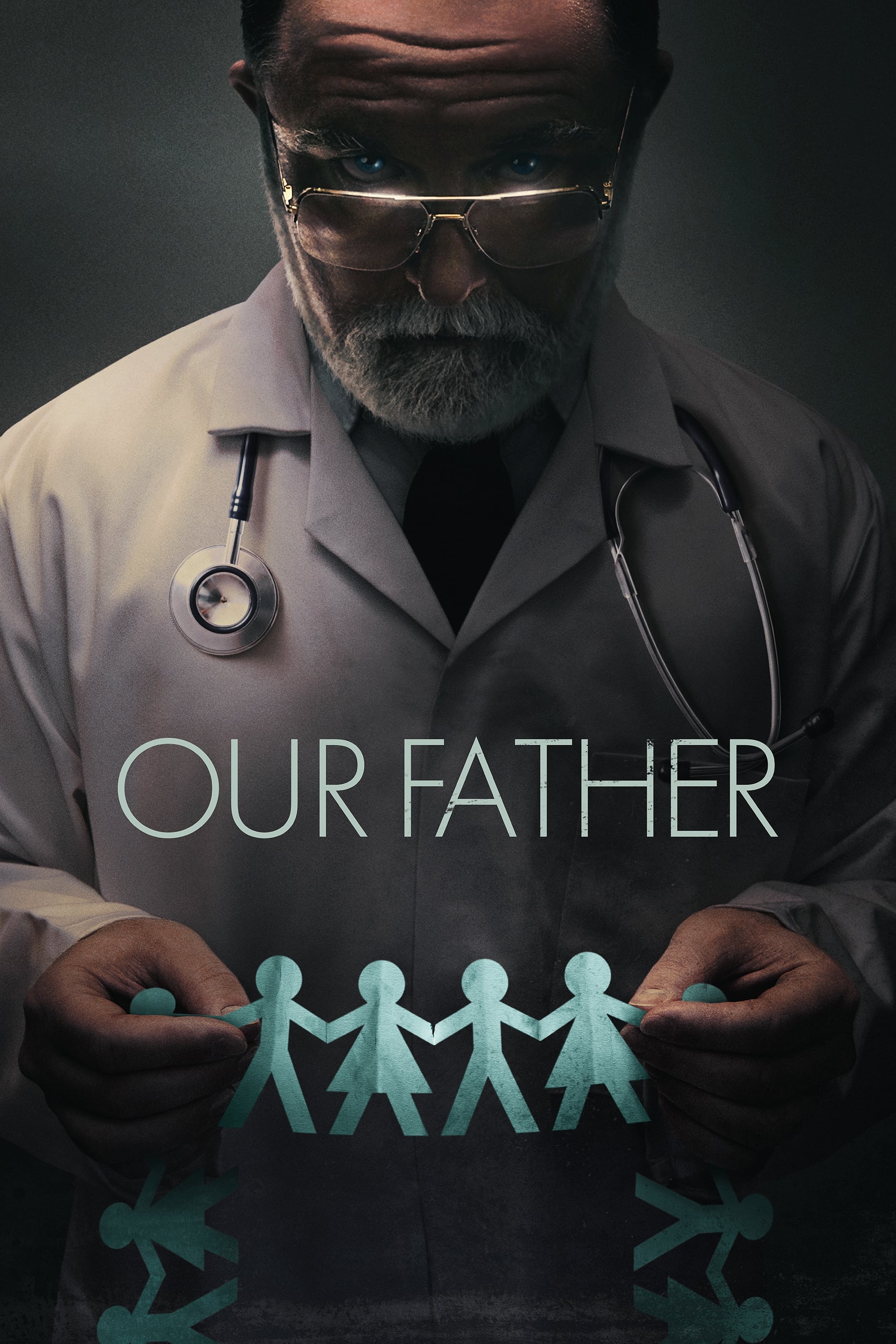
After a woman's at-home DNA test reveals multiple half-siblings, she discovers a shocking scheme involving donor sperm and a popular fertility doctor.
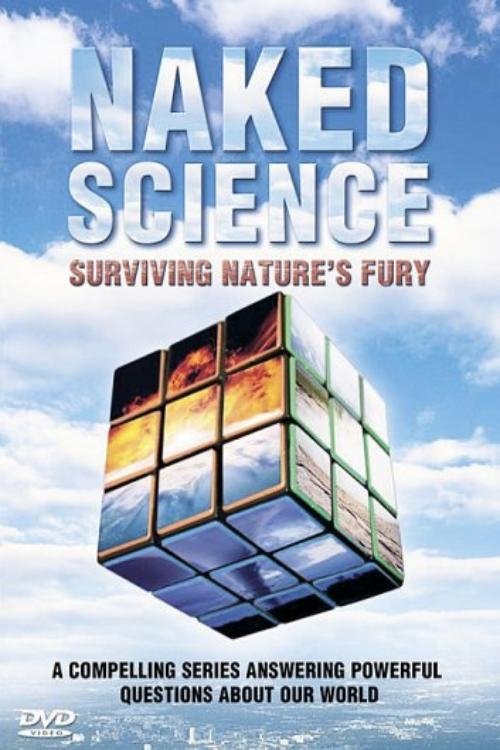
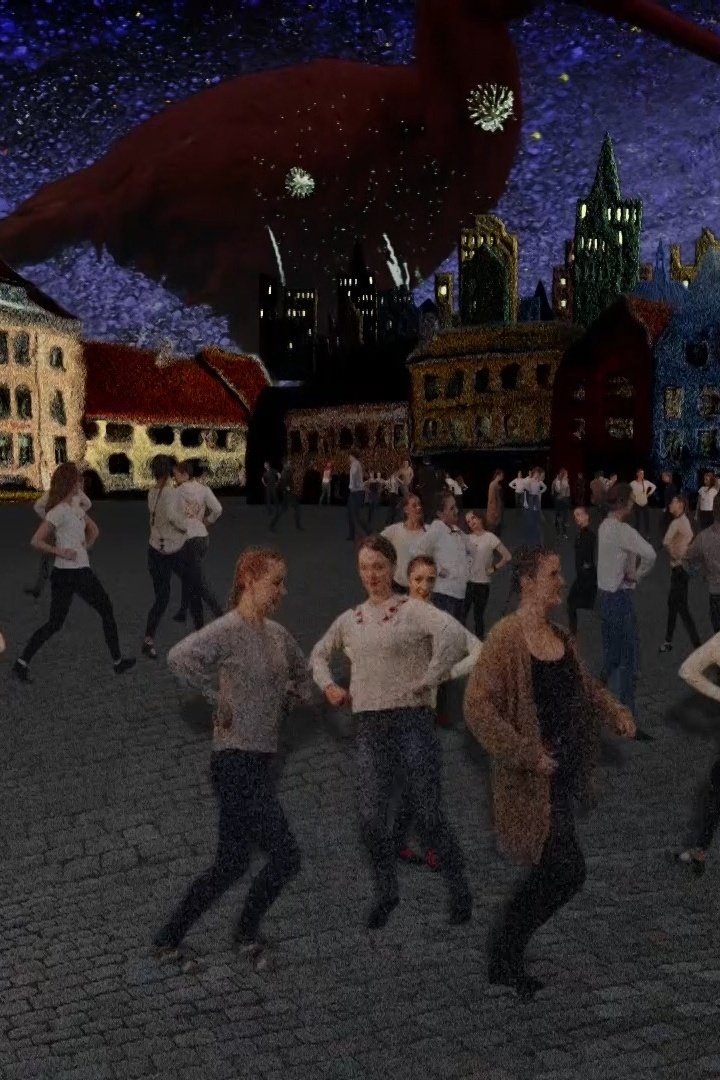
The development of nature is controlled by the genetic chain. Life goes on as the information code is stored in the gene chain. Every living being tries to indulge and laze. Unfortunately, development doesn't happen this way. The gene chain only rusts. Progress will only be made if there is an urgent need for it. The protagonist's rusty gene chain only starts working when the fear of death arises. What code is hidden in the human gene chain becomes clear during development. Mankind has debated the meaning of life for a long time, not knowing that it has long been found. What everyone is striving for is collectively creating strange patterns. After that, we become the starting point of a new gene chain again.
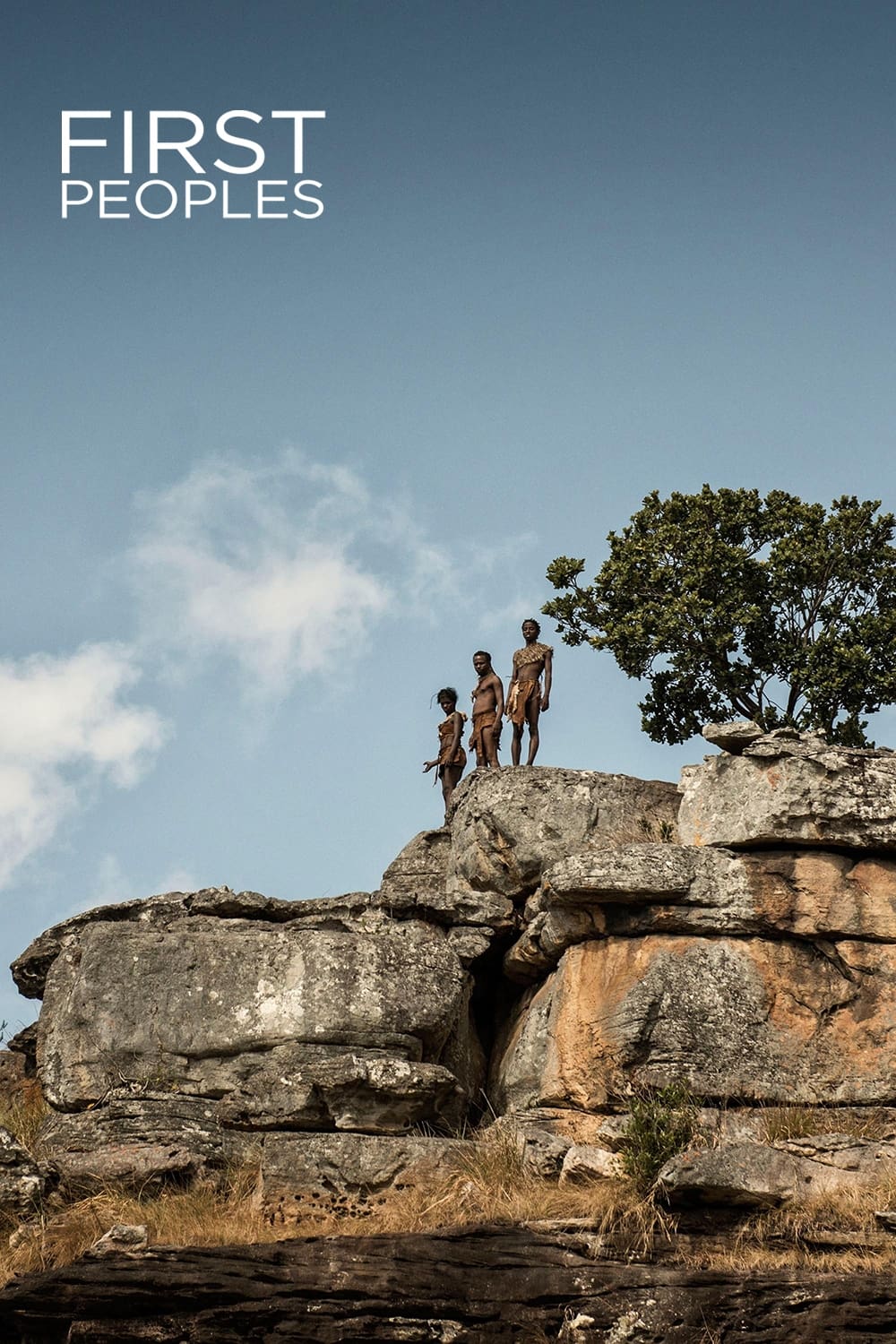
A five-part series that features the latest research exploring how early humans evolved. See how the mixing of prehistoric human genes led the way for our species to survive and thrive around the globe. Archaeology, genetics and anthropology cast new light on 200,000 years of history, detailing how early humans became dominant.
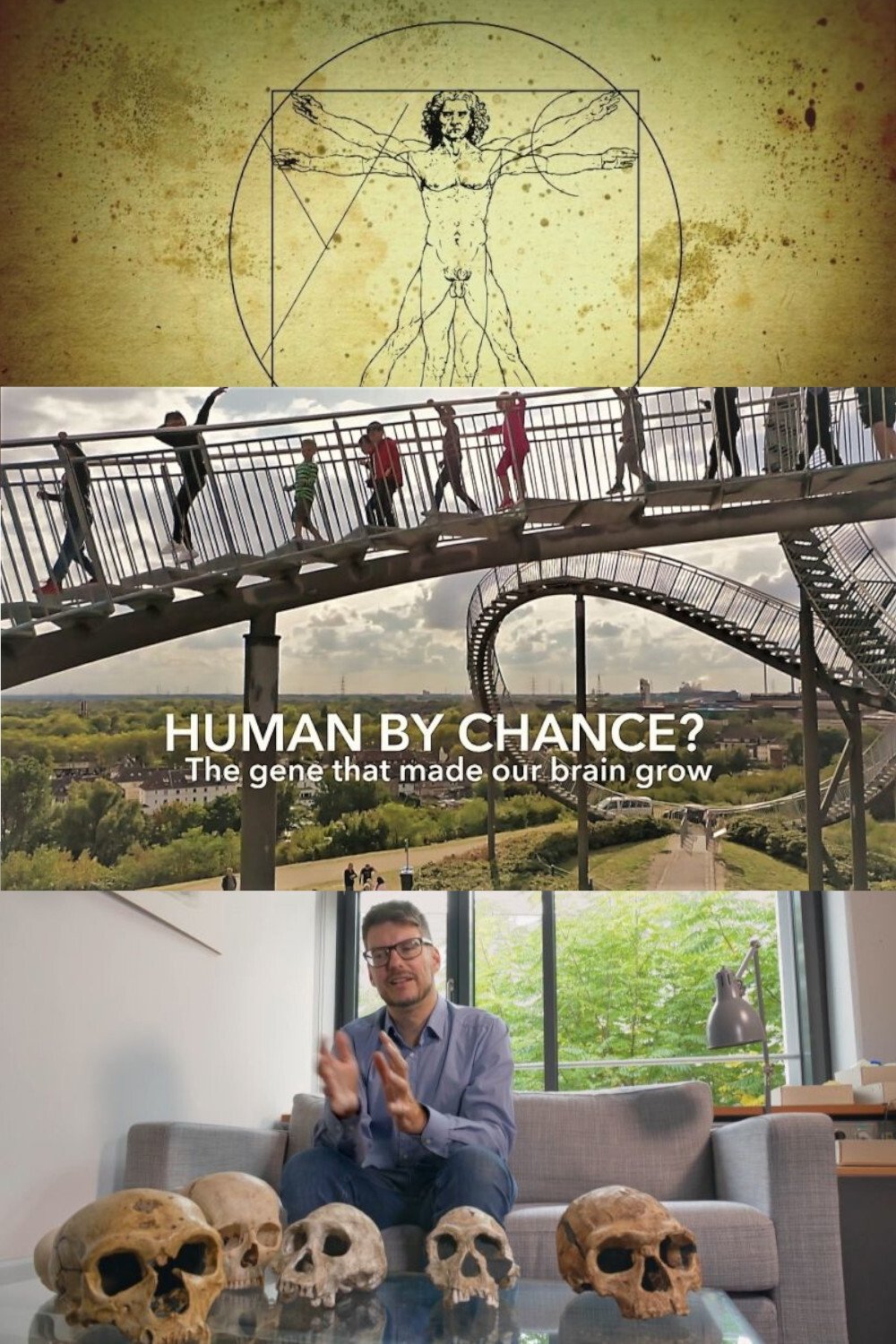
If we compare ourselves with our genetically closest living relatives, the chimpanzees, we have few physical advantages. We are far weaker, cannot move nearly as fast, and do not have the same climbing capabilities. Instead, humans excel in areas such as architecture, religion, science, language, writing, art, culture, and ideas. These achievements are due to our larger brain that contain billions of neurons. It was the rapid growth of our brain, originating about 2 million years ago, that allowed us to be the predominant species of the world. What caused this rapid growth of our cerebral cortex? Researchers worldwide have asked this question for many years, but now there finally seems to be an answer.

Series which tells the story of how people came to understand the natural order of the plant world, and how the quest to discover how plants grow uncovered the secret to life on the planet.
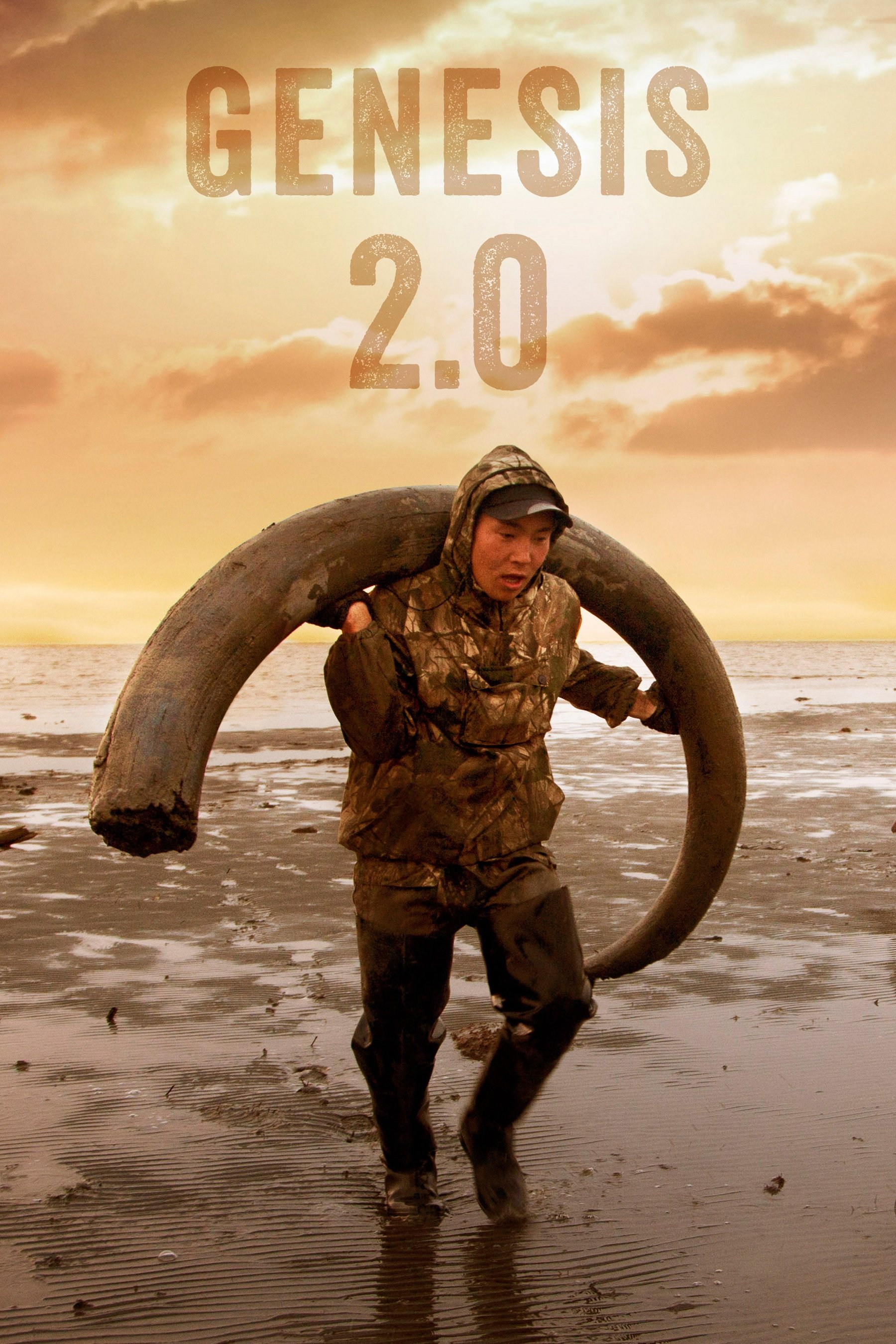
A well-preserved mammoth carcass is found in the remote New Siberian Islands in the Arctic Ocean, opening up the possibility of a world-changing “Jurassic Park” moment in genetics.
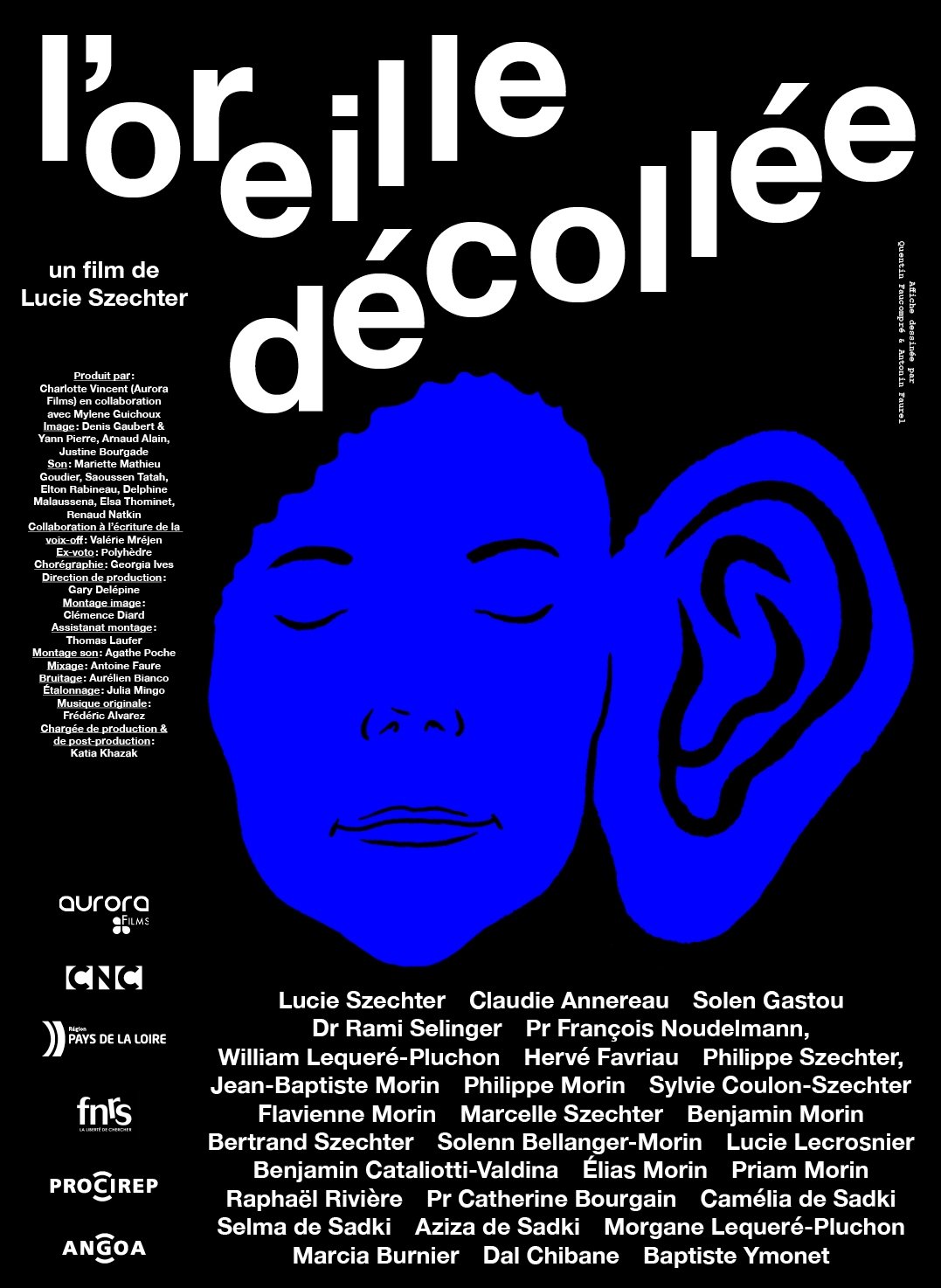

Series in which famous people examine just why they are the way they are.

The documentary tells two very different human fates in the 1920s Soviet Union. Nikolai Vavilov was a botanical genius, Trofim Lyssenko was an agronomist who made great promises and fake inventions. Each of them tried to solve the country's nutritional problem, but only one succeeded.